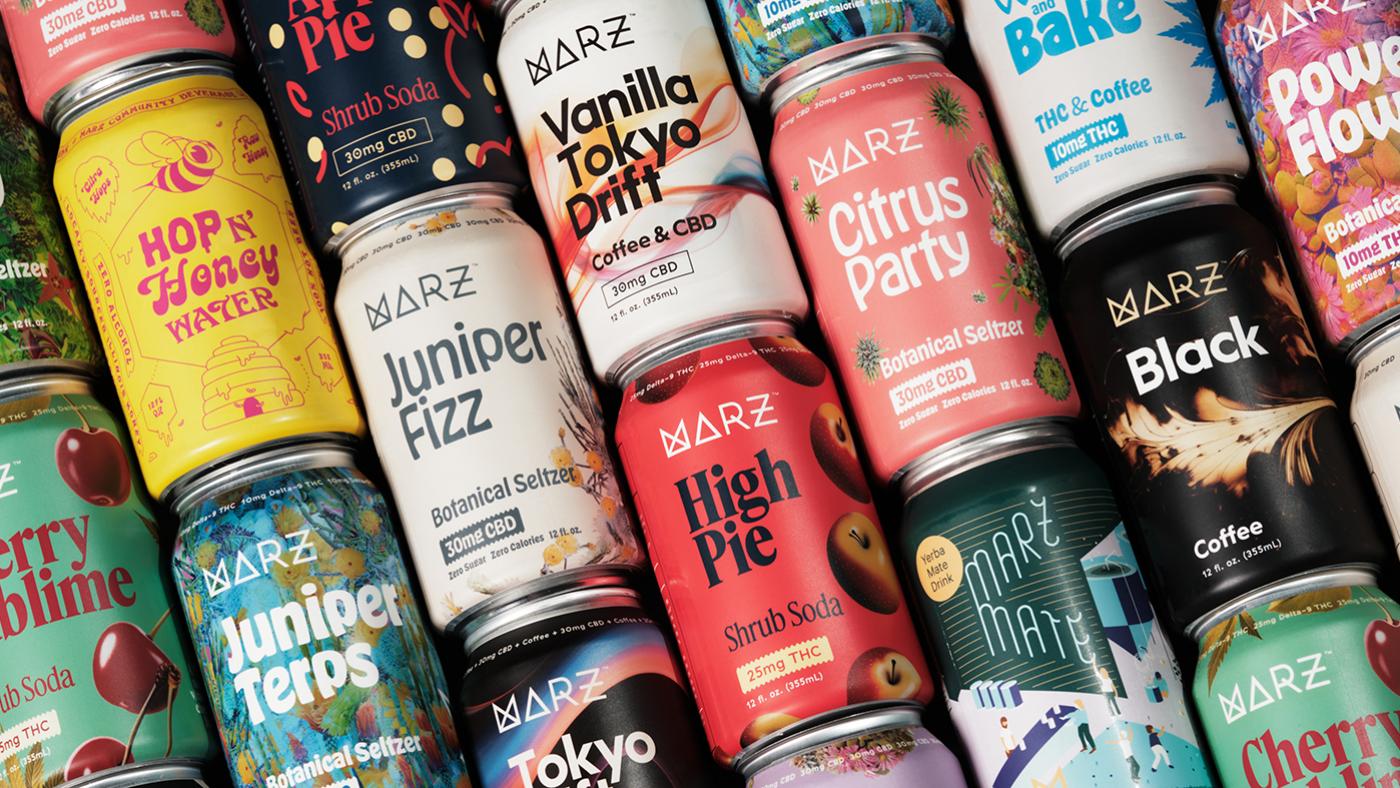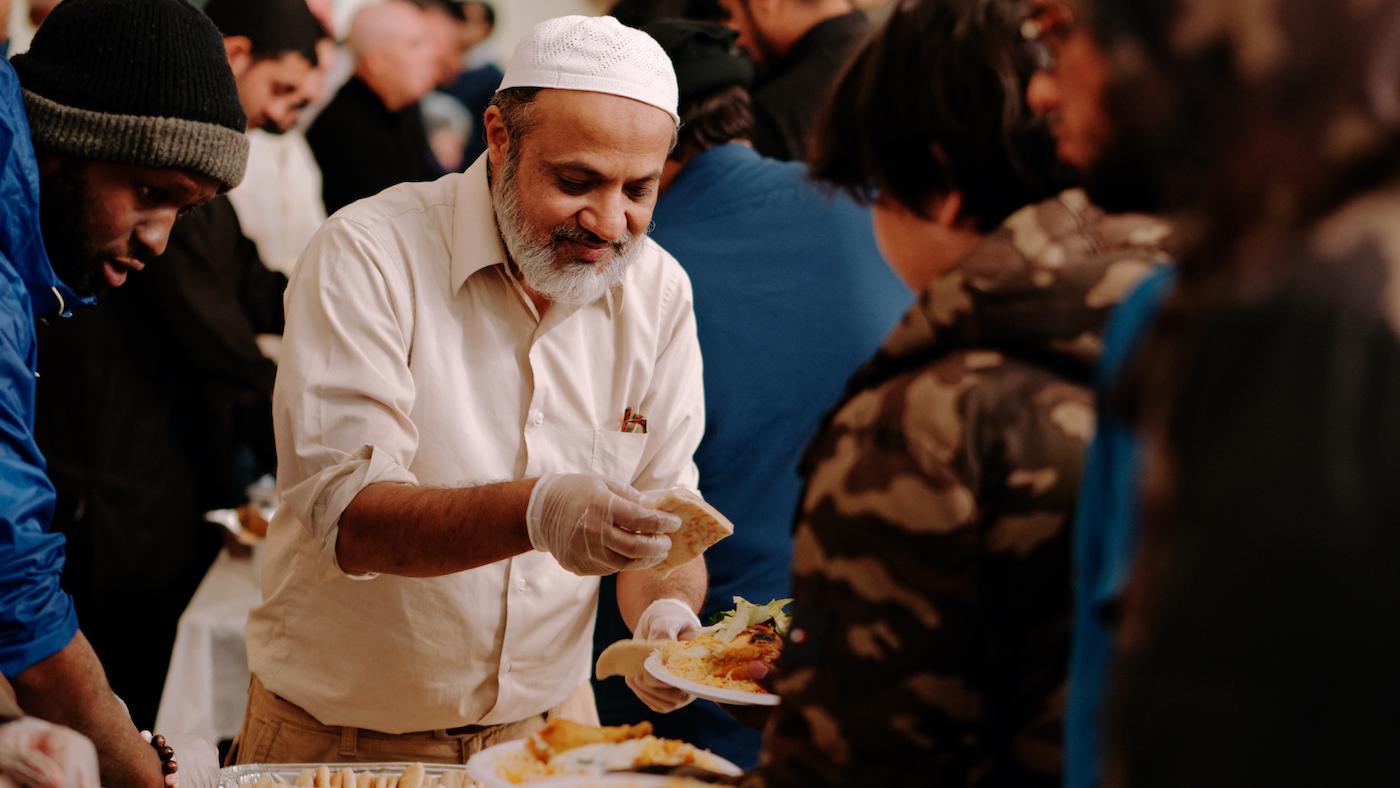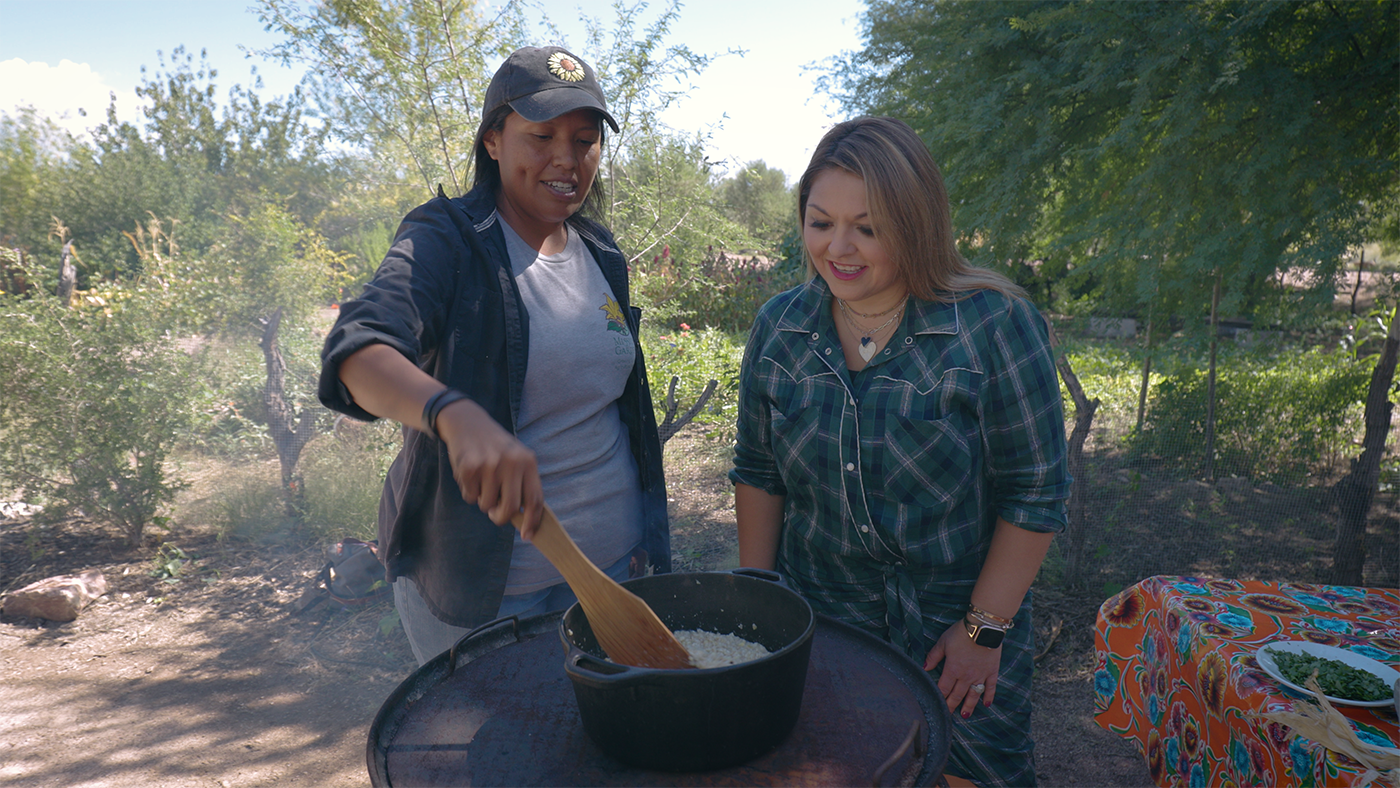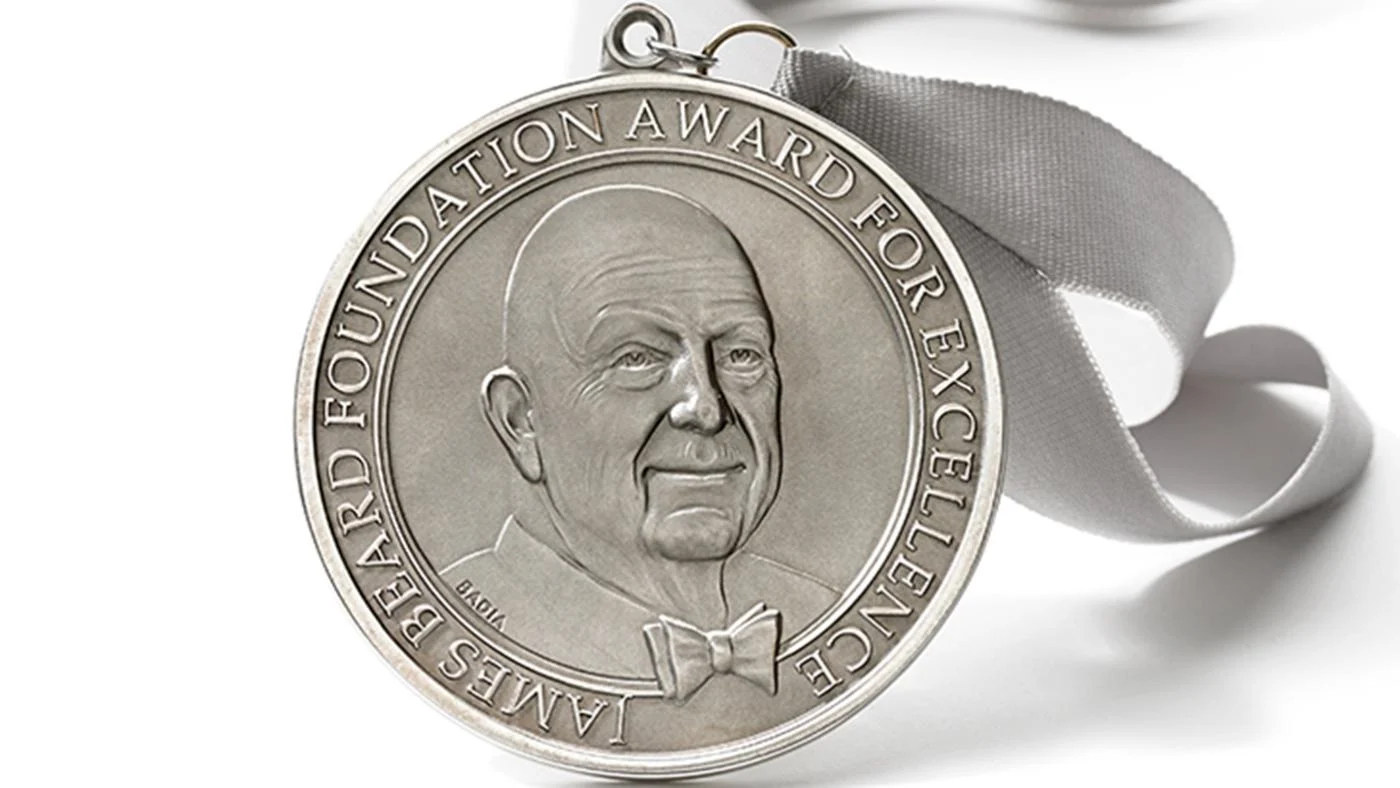What is Halal Meat? The Story of One Chicago Halal Wholesaler
Daniel Hautzinger
April 14, 2023
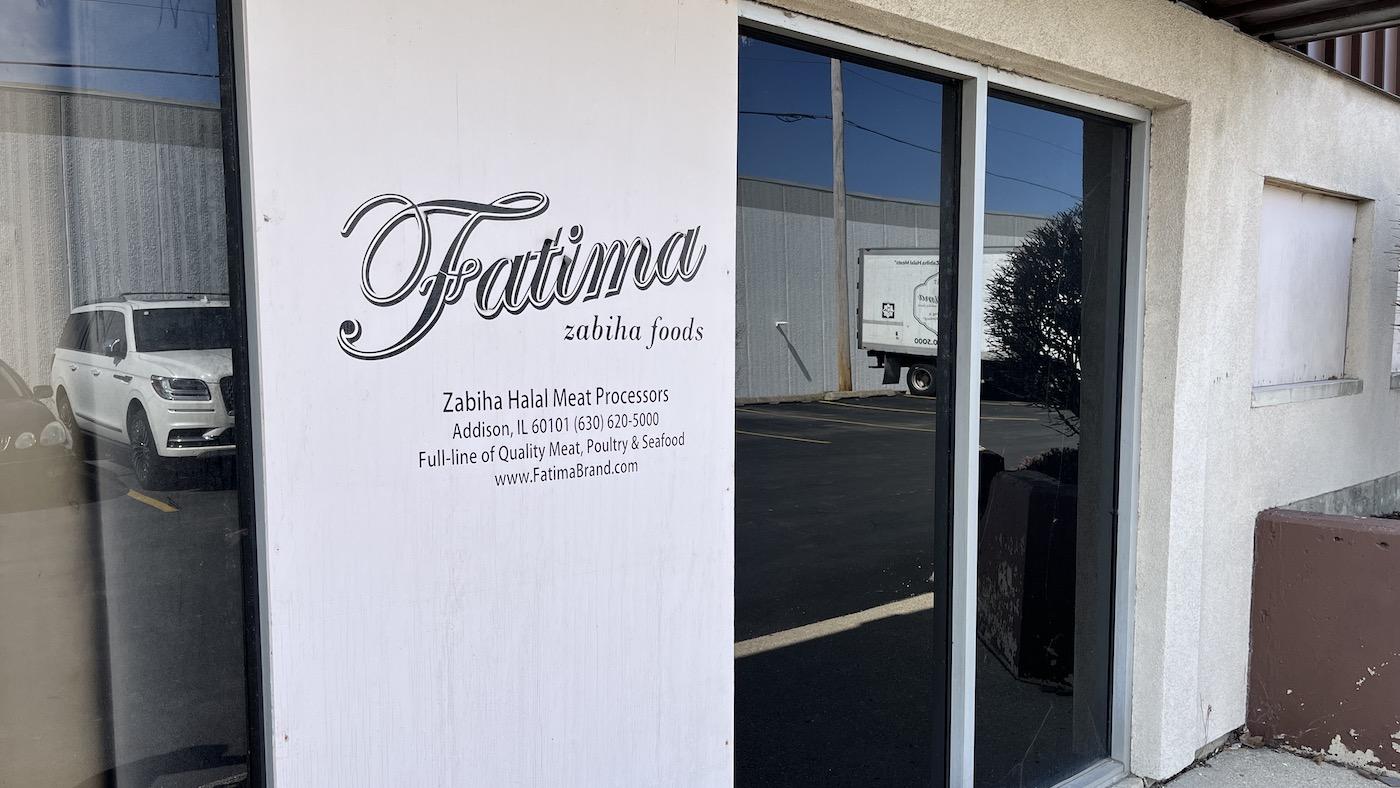
Get more recipes, food news, and stories by signing up for our Deep Dish newsletter.
During Ramadan this year, the inventive Indian street food restaurant Wazwan is serving a burger they call the Wazwanimal, made from lamb and topped with beef bacon, jalapeno cheese, and mint chutney. “I have Muslims calling me, cussing at me because they thought I gave them [pork] bacon, and I’m like, ‘Brother, it’s halal,’” says Zubair Mohajir, the chef at Wazwan. “They’re like, ‘Oh sh--, how did you make it taste like that?’”
Wazwan’s whole menu is halal, or permissible for Muslims to eat according to the rules of their religion, thanks in part to Fatima Zabiha Foods, a zabiha halal wholesaler and product line based in west suburban Addison that provides Wazwan with its meat—including that surprising beef bacon.
Pork is haram, or forbidden, to eat by Muslims—hence the shock at beef bacon. Carrion and blood are also universally considered haram; the latter prohibition affects the method of slaughter, requiring an animal to be killed by a specific cut to the throat and have its blood drained. A prayer is also necessary at the time of the animal’s slaughter, which also tends to mean that the slaughterer should be Muslim, but beyond that the definition of what is halal can vary. “When it comes to consumption, what makes it halal is that you’ve done the prayer and you’ve sacrificed it,” says Sajid Khan of Fatima. “But that’s where it becomes a difference of opinion.”
All of the meat that Fatima and its wholesaler sells to restaurants, stores, and consumers is slaughtered by hand rather than by a machine. This is a requirement of Halal Monitoring Services, an organization based out of Chicago since 2005 that certifies suppliers and restaurants as halal.
Whether an animal should be hand-slaughtered is one of the biggest differences in debates over halal meat. The Qur’an and the Hadith, bodies of scripture that trace back to the prophet Muhammad, are not comprehensive on diet. Halal Monitoring Services has a general rule on their website: “The general ruling in all things is that it is permissible (allowed), unless proven otherwise. The principle ruling in meat is that it is impermissible (haram), unless proven otherwise.”
In short: avoid meat unless you’re certain it’s halal. That can make it difficult in a country that is not majority Islamic to find meat that you can eat comfortably. It’s why Fatima exists in the first place.
The company grew out of a grocery store opened by Khan’s mother in the western suburb of Glendale Heights in 1987. She is Filipino, and Khan’s father is Pakistani, so the store catered to both of their immigrant populations, which were well-represented in Glendale Heights (the village had a Filipino mayor in the 1990s). Sajid and his siblings worked the register as children; Sajid could often be found sleeping on a sack of rice, according to his sister, who also works at Fatima, along with her husband. The company is a true family business, with a nephew also working there.
The elder Khan left a job at a fur company to help his wife with the grocery store, and decided to investigate the provenance of the halal meat they were getting. The meat was coming from the Detroit area, where there is a large Middle Eastern population, but actually originated at a slaughterhouse in Aurora, outside of Chicago. Khan visited and was told there was no halal slaughter there, according to his son.
So Khan decided to go into the business himself, learning to slaughter from a rabbi who slaughtered kosher meat. “Kosher is pretty much the same methodology—just the prayer is different,” says Sajid. “Minimal pain possible, sharpest knife possible.” There are other, more granular differences, but kosher meat is sometimes accepted as halal.
The elder Khan began slaughtering out of Chiapetti Meat Company, a vestige of Chicago’s old stockyards, buying some parts of their animals and butchering and selling them himself at the grocery store. The business expanded and eventually the Khans sold the grocery store and began to provide wholesale distribution of halal meat to restaurants and stores. Later they would offer their own brand of products, including that beef bacon, hot dogs, and gyro meat, under the name Fatima.
Sajid joined the company after attending DePaul University, where he met Mohajir of Wazwan. (His mother had also gone to DePaul to study accounting, after leaving a job as a chemical engineer in the Philippines.) His father made him start with slaughtering animals and then driving a truck for deliveries, learning the business from the ground up. The company still has the box truck he drove, the first one they bought; it has 240,000 miles on it and is proudly displayed in Sajid’s Twitter profile picture.
“The demand was there,” Sajid says about the growth of the business and the move into wholesale. He says that, starting in the 1990s, some consumers began to be more attentive to the requirements their halal meat met; they began buying from his father. The emergence of certification organizations like Halal Monitoring Services allowed for better vetting of meat as well.
Now, Fatima no longer slaughters its own animals, but has farmers and butchers that do it for them, under routine inspections and audits. The same is true of their processed products—other companies produce them with input and inspection from Fatima. In the case of the beef bacon, it’s an Amish farmer. A farmer that provides high quality chickens to Fatima is Catholic, raises his chickens in the Amish style, and has Muslim slaughtermen for Fatima handpicked by the wholesaler.
Adding slaughterers beyond Sajid and his father has allowed Fatima to expand beyond Chicago to sell to places as far away as New York City, Southern California, and Dallas, as well as St. Louis and Detroit. Illinois has the highest percentage of Muslims of any state, according to the 2020 U.S. Religion Census, at 3.7% of the total population. That, in addition to Chicago’s central location in the country and the city’s history of slaughterhouses, has helped make Chicago a leader in providing halal meat, according to Sajid. As illustration, he points to the certification organization Halal Food Standards Alliance of America, which has similar requirements to Halal Monitoring Services. Even though it is based in the Bay Area and certifies in California, the Midwest, and the Northeast, the metropolitan area with the most certified restaurants and markets by far is Chicago.
Lincolnwood school districts offer halal meat; they source it through Fatima. Many South Asian restaurants along Devon Avenue just over the river from Lincolnwood buy from Fatima. Glendale Heights has a large collection of Fatima clients, as does Lombard, whose commercial strip on Roosevelt Road is sometimes called the new Devon, according to Sajid, for its concentration of restaurants catering to Muslims. “There’s a new shirt that says, ‘I’ll Roosevelt over Devon any day,’” he says.
Many of the Lombard restaurants offer typical American fare—burgers, pizza, fried chicken—because younger generations, the children of immigrants, want to eat beyond their own food cultures but still eat halal, according to Sajid. “That’s why we got into hot dogs and burgers, because [when I was a kid I would] go to parties, and have to say, ‘I can’t eat that.’” He recalls ordering fish filets at McDonald’s, bean burritos or Mexican pizzas with no meat or sour cream at Taco Bell, or just noodles at a Chinese restaurant.
The emergence of restaurants offering halal food from cultures that are not majority Muslim is a sign of the increasing mainstreaming of halal in America. Even the big four meat suppliers that dominate the industry in this country offer halal meat, although their method is not as strict as specialty wholesalers like Fatima. According to Sajid, Fatima’s sales grew 30% last year.
Halal may be a niche market for now, but it’s likely to continue growing and spawn more businesses like Fatima—including, in all probability, around Chicago.

